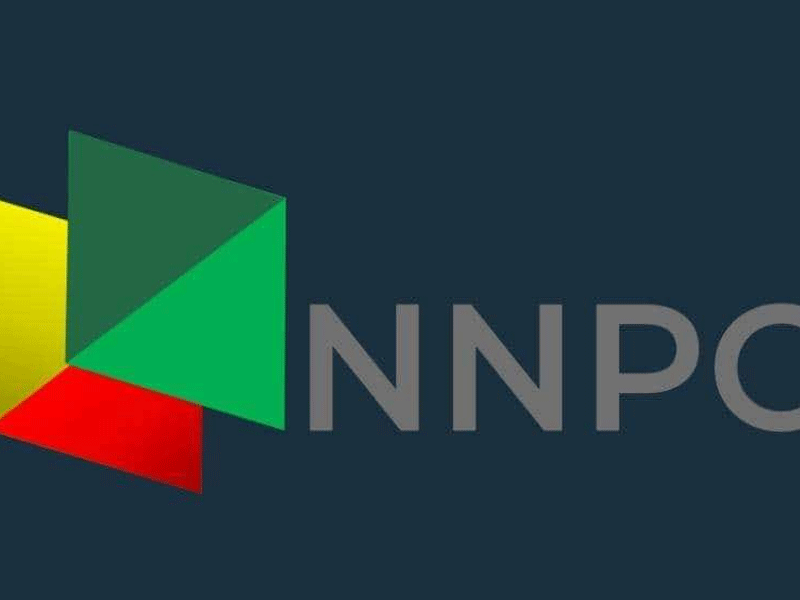The Nigeria National Petroleum Company Limited (NNPCL) reported a profit of N2.52 trillion ($2.7 trillion) for 2022, a notable shift towards product trading rather than traditional upstream operations.
Despite the impressive profit figures, the NNPCL faces scrutiny for its performance compared to global peers such as Petronas, Qatar Energy, Petrobras, and notably, Saudi Aramco. While NNPC’s profit is significant, Saudi Aramco declared an astronomical $161 billion during the same period.
The success story for NNPC is largely attributed to the importation and trading of petroleum products, which accounted for approximately N4.5 trillion in revenue – surpassing the N3.5 trillion generated from crude oil exports. This reliance on product trading raises concerns about the company’s sustainability, especially as it lags behind in key performance indices.
In the midst of a proclaimed “decade of gas,” NNPC’s revenue from gas stood at a modest N683 billion, contributing less than seven percent of its total retained revenue. Comparatively, contemporaries like Saudi Aramco and Petronas boasted operating margins over 50 percent and 40.9 percent, respectively.
While NNPC’s operating margin improved to about 25 percent, its structural defects become apparent when viewed against the backdrop of global oil giants. Operating and administrative expenses consumed more than half of the N2.5 trillion profit, signaling potential challenges for future sustainability.
Analysts, including Waziri Adio, highlight concerns about overleveraging, with N1.172 trillion (46 percent) of the profit attributed to other incomes, including gains from variations in crude stock prices. Additionally, the company holds liabilities of N2.15 trillion, including N926.8 billion in unpaid royalties and N1.22 trillion in unpaid taxes.
NNPCL’s financial intricacies also involve a $1.036 billion loan from Lekki Refinery Funding Limited, raising questions about the company’s financial health and transparency.



